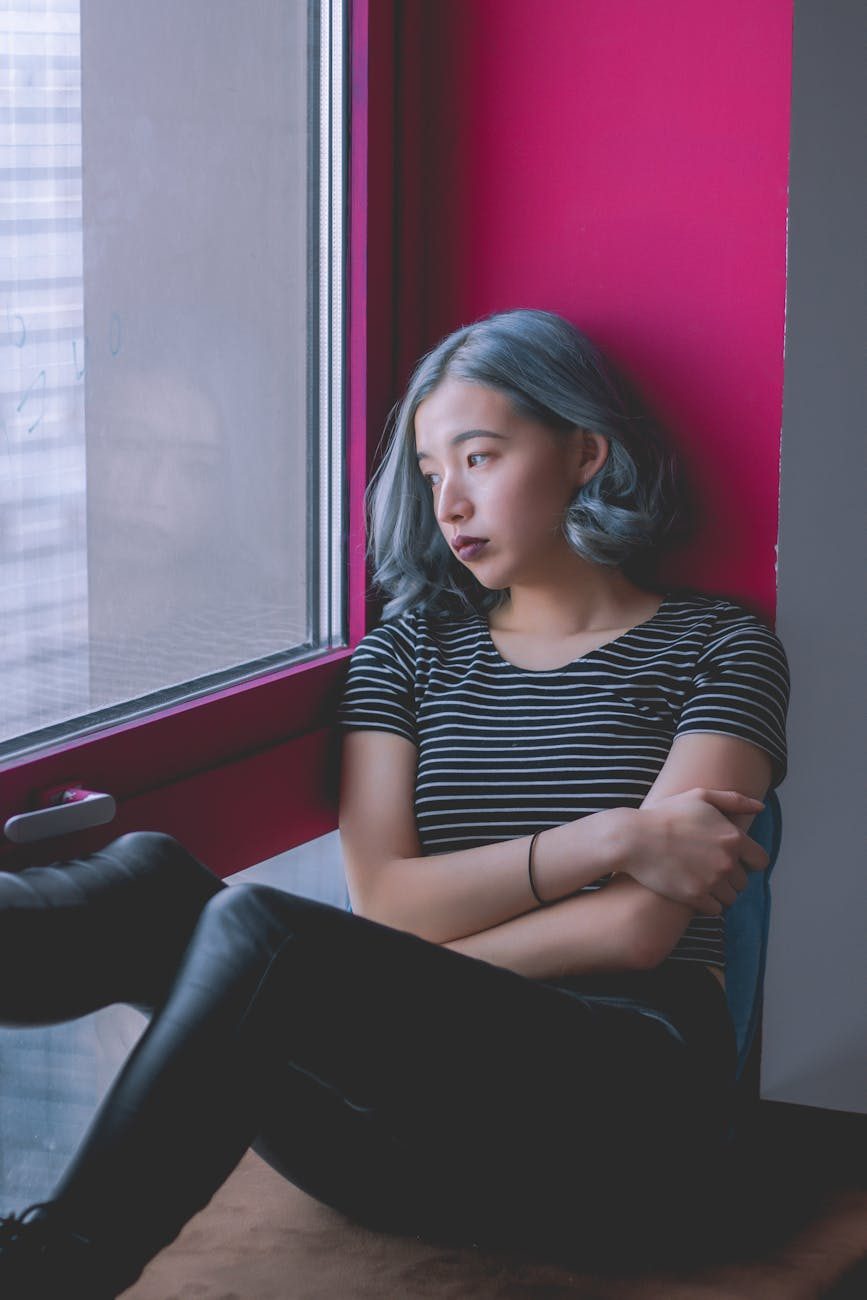Link: https://pubmed.ncbi.nlm.nih.gov/41074408/
Today, we look at an article published in the Journal of Integrative Neurosciences published last September 23, 2025. It examines the use of acupuncture in the treatment of adolescent depression.1
According to the World Health Organization, roughly one in seven 10-19 year olds experiences a mental disorder, and that depression, anxiety and behavioral disorders make up a huge part of this.2
Methods were as follows:
An 4-week clinical trial was conducted from February 1, 2022 to June 30, 2024 at three hospitals. Patients aged 12 to 18 years were divided into three treatment groups: Manual acupuncture (MA), antidepressants (ADM), or acupuncture combined with antidepressants (MA+ADM). The 24-item Hamilton Depression scale (HAMD-24) scores, serum neurotransmitters levels, and resting-state functional magnetic resonance imaging (RS-fMRI) data were assessed at baseline (week 0) and after treatment (week 4).
What this means is that there were three groups of patients. One had acupuncture alone, one had anti-depressants, and one had acupuncture combined with anti-depressants.
Results were as follows:
After a 4-week intervention, both the MA and MA+ADM groups showed significant improvement in HAMD-24 scores. The MA+ADM group experienced more improvement, particularly in addressing somatization and sleep disorders. The study revealed that acupuncture increased serum levels of 5-hydroxytryptamine (5-HT), kynurenic acid, dopamine noradrenaline, adrenaline, L-histidine, and picolinic acid in adolescents with depression. Acupuncture was also found to regulate the excitability of depression-related brain regions (frontal lobe, caudate nucleus, anterior cingulate, and paracingulate gyri) and the functional connectivity of depression-related circuits (limbic-cortical-striatal-pallidal-thalamic circuit and hate circuit). Furthermore, significant negative correlations were observed between week 0 and week 4 HAMD-24 scores and up-regulated serum levels of 5-HT and dopamine. Scores were positively associated with increased amplitude of low-frequency fluctuations and regional homogeneity values.
What this means is that the groups receiving manual acupuncture and acupuncture plus medications had improvement in symptoms, with the group receiving both having more improvement than the acupuncture alone group. Acupuncture can give improvement in sleep quality and general mood
Commentary:
First, I find it unusual that there was a group that received acupuncture treatment alone. Typical ethical procedure dictates that we do not deny patients the standard of care, which in this case includes anti-depressants.
Secondly, I believe that, and have always practiced, integration of east and west is optimum here. I would often just use acupuncture to relieve the side effects of antidepressants on patients. There are some cases where the drugs aren’t enough, or that the patient’s family or even their psychiatrists would rather we try acupuncture to reduce or even wean the patients off antidepressants. This study shows that it can be done.
Sources:
Jiang, J., Ji, B., Jin, W., Zhang, P., Chen, H., Cong, W., Jin, X., & Li, L. (2025). Clinical Efficacy and Therapeutic Mechanism of Acupuncture in the Treatment of Adolescent Depression. Journal of integrative neuroscience, 24(9), 38071. https://doi.org/10.31083/JIN38071
World Health Organization: WHO. (2025, September 1). Mental health of adolescents. https://www.who.int/news-room/fact-sheets/detail/adolescent-mental-health
Dr. Tan-Gatue is a Doctor of Medicine, Certified Medical Acupuncturist and a Certified Traditional Chinese Medicine Practitioner.
He is currently a Clinical Assistant Professor at the University of the Philippines College of Medicine, Section Head of the Section of Herbology at the Department of Traditional Chinese Medicine of the Chinese General Hospital and Medical Center in Manila, and a member of the National Certification Committee on Traditional Chinese Medicine under the Philippine Institute of Traditional and Alternative Health Care under the Department of Health. He was just recently appointed Associate Editor-in-Chief of the World Chinese Medicine Journal (Philippine Edition) and elected to the Board of Trustees of the Philippine Academy of Acupuncture, Inc.
He can be reached at email@acupuncture.ph
Discover more from Acupuncture Manila Clinic of Philip Tan-Gatue, MD, CMA, CTCMP
Subscribe to get the latest posts sent to your email.

No responses yet